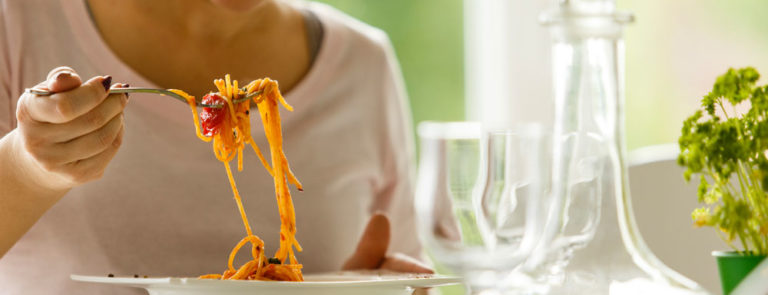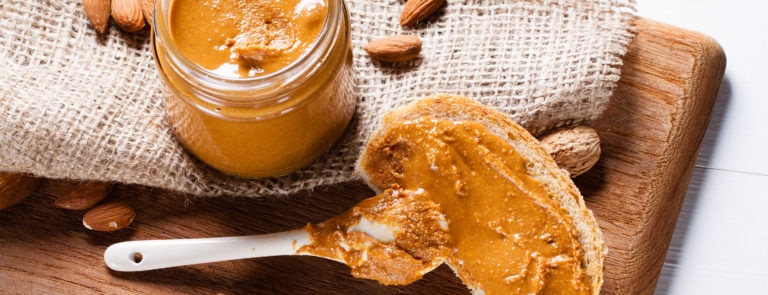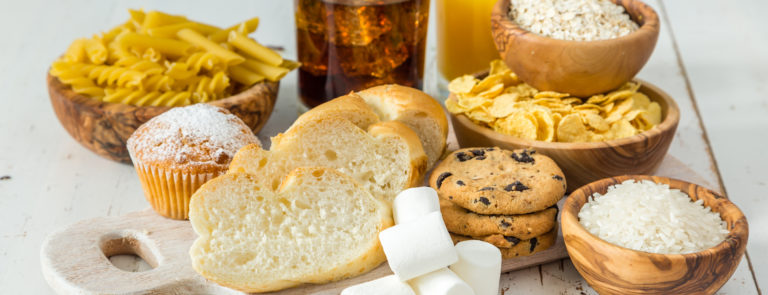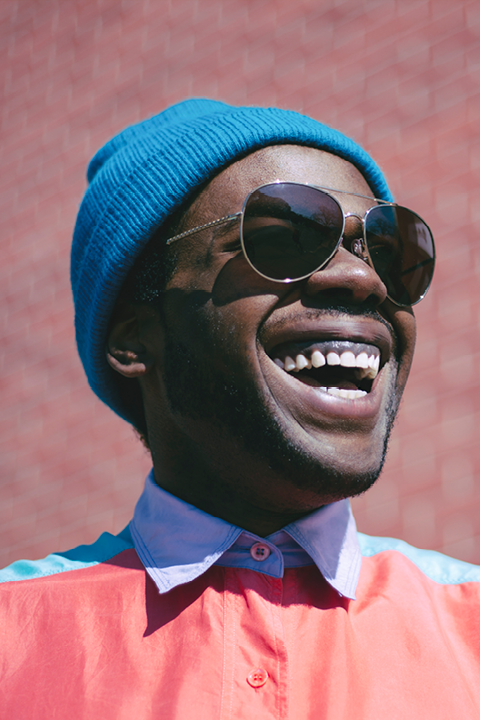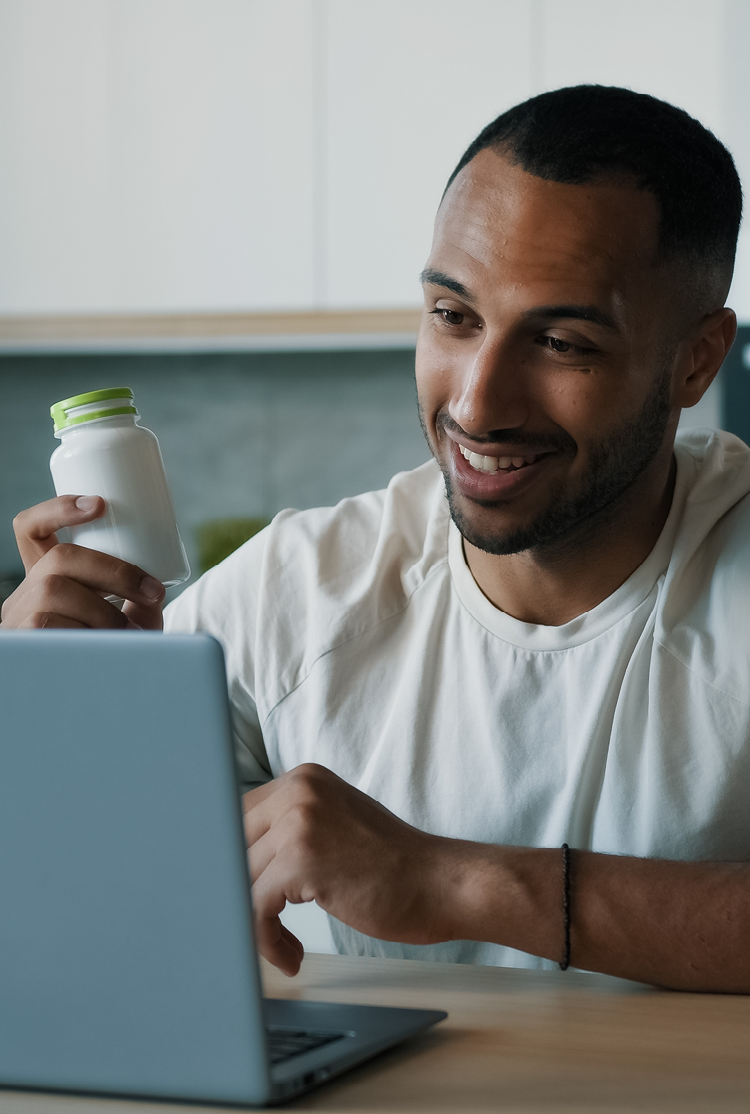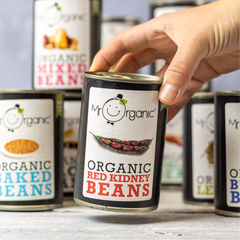B&C
|Carousel main title
Main title
What exactly is mindful drinking?

Join the alcohol-conscious tribe
It’s finally happened – getting sober has become sexy!
Millennials in particular are ditching binge drinking and embracing a more health-conscious and clean-living way of life, which is great news for livers, and the body and mind.
If you’d like to reboot your relationship with alcohol, why not give mindful drinking a try?
A more conscious approach to alcohol will help you appreciate any drinks you do have more, and you won’t be paying for it the morning after…
Handpicked content: Alcohol – how much is too much?
What is mindful drinking?
Drinking mindfully has deep roots in the practice of “sati” (mindfulness or awareness), a Buddhist concept that sought to develop self-awareness and awakening through an understanding of one’s surroundings, feelings, and thoughts without judgement.1
Now, pair this with alcohol, and you have mindful drinking – the practice of paying attention to what you drink, when you drink, who you drink with, and everything surrounding your drinking habits.
It’s a modern twist on an ancient practice.
Mindful drinking case studies
Since entering the mainstream, people across the world have been enjoying the benefits of mindful drinking with increasing success.
Club Soda is one example, growing from Facebook group origins to a global community that practices mindful drinking through an emphasis on behaviour change and forming connections.
Success stories have also been popping up more often, suggesting that mindful drinking can increase the enjoyment of life.
When will I see the result of mindful drinking?
Without that dreaded morning-after funk after one too many drinks, you could even see results the next day – but when changing difficult habits, positive results can also be seen gradually as your mind and body adjust.
Summary
- Mindful drinking draws from the Buddhist practice of “sati” (mindfulness) and involves paying attention to your drinking habits.
- There has been an increase in people adopting the practice of mindful drinking with positive results.
- The results of mindful drinking can range from next-morning results to gradual results as your mind and body adjust.
11 ways to do mindful drinking
-
Go cold turkey.
Just like rebooting your computer, you need to literally turn your relationship with alcohol off and back on again – a smart way to do this is with a 28-day clean break.
Short enough to be manageable enough to stop drinking for, but long enough to be a challenge, it will help mark the end of any unhealthy relationships with alcohol.
This will help you identify what your key triggers to drinking are – be they people, places or emotions, so you can plan how you are going to tackle them when you come back to moderation.
This is when you build up the tools to keep on track with mindful drinking long-term.
-
Find your signature.
Spend time discovering a non-alcoholic drink you actually enjoy, as your ‘go to’ when you’re out socialising.
This way you won’t end up floundering at the bar and caving in with a glass of wine under pressure.
If you’ve been having a drink at the end of the day as your ‘reward’ for making it through, stock your fridge with some delicious soft drink alternatives.
Who says treats have to be bad for you, anyway?
-
Take a moment to assess.
Spend some time each morning visualising your day and identifying any potential trip-ups and creating a strategy for dealing with them, so you won’t be thrown off track.
-
Time to get mindful.
Now you’ve completed your 28 days drink-free and you’re ready to reintroduce alcohol into your life, it’s wise to identify five goals going forward to keep you on track.
Why did you decide to get mindful with alcohol? Do you want better relationships? Have more money? Boost your energy? Beat your anxiety? To lose weight?
Write your positive goals down and stick them somewhere you’ll see them each day.
-
Create rules for yourself.
Draw up rules for your new drinking relationship, such as how many alcohol-free days you want each week, the maximum number of drinks you’ll let yourself have, how you’ll keep track of your success, and which situations or drinks you think you’ll need to avoid to make it happen.
If you’re planning to drink, you need to know it’s going to be something you enjoy, not regret.
If it doesn’t follow the guidelines you’ve set yourself above, then you know you shouldn’t be doing it.
-
Drink-free distractions.
Draw up a list of things to do or ways to treat yourself that aren’t related to reaching for a glass of something alcoholic.
These could be anything from treating yourself to a glossy magazine, heading to the gym, or giving yourself a pampering at home.
-
The follow-up.
Mark on your calendar every few months to review, check back in with your rules, along with your motivations and distractions list.
Note what’s working, and what isn’t. Revisit, rework, and move the goal post around however you see fit – after all, you know what works best for you.
-
Remember why you’re mindfully drinking.
Mindful drinkers really do associate their mindfulness with a better life.
You may be sharper, slimmer, smarter, healthier and glowing from the inside, with fewer regrets, more money, and better sleep.
We’ll raise a (mindful) glass to that!
-
Manage those cravings with meditation.
Studies have shown that there may be a connection between those who meditate and their posterior cingulate cortex2 – put simply, that’s the part of the brain activated by cravings.
It can’t hurt to give it a try when you feel the urge to drinking coming on.
-
Savour every sip.
Mindful drinking means awareness, and that extends to the drink in your hand, too.
Focus on your surroundings, the faces, and any points of interest. Feel the drink in your hand and take note of the taste as you slowly sip. Be yourself and truly enjoy the moment.
-
Most importantly, be kind to yourself.
Every day is a new day, so if you’ve slipped up, are struggling to adjust, or some strategies simply don’t work for you, don’t worry!
Reflect on those curveballs and come up with winning strategies that do work. You’ll get there.
Summary
- Try going cold turkey.
- Find your signature non-alcoholic drink that will be your socialising go-to.
- Visualise your day, identify any potential trip-ups, and prepare.
- Get mindful and set yourself some goals.
- Draw up rules for your relationship with alcohol.
- Find some drink-free distractions.
- Review your progress and make changes where needed.
- Remind yourself why you decided to start mindfully drinking.
- Try meditation to help with drink cravings.
- Make the most of every sip.
- Be gentle and patient with yourself.
9 benefits of mindful drinking
-
Supports liver function.
Aside from the brain, the liver is the most complex organ in the body, responsible for over 500 complex tasks including filtering toxins from the body’s blood supply.3
Despite being capable of regeneration, filtering alcohol causes liver cells to die, so limiting alcohol means your liver is stronger – which may benefit you in the long run.
-
Better heart health.
Alcohol consumption can have a negative impact on the heart, with studies showing that it has a complex effect on blood pressure and cardiovascular health.4
The heart is the engine room of our body, so it deserves all the love it can get.
-
Promotes healthy brain function.
By drinking alcohol, your brain’s communication pathways are disrupted, which can impact behaviour, mood, and coordination.5
Without these disruptions, the brain – and you – can work and think more efficiently.
-
No more hangovers.
The dreaded hangover is a curse for those who drink to excess the night before, caused by many factors, such as dehydration, sleep disturbance, and inflammation caused by alcohol.6
Swap the hard-hitting drink for something gentler and better mornings can be yours.
-
Skin health.
Drinking can negatively affect your skin.
For starters, alcohol is a diuretic, which removes water from the body, has also been linked to inflammation, acne breakouts due to sugar content, increases in stress hormone levels and lowers your immune system.7
So, if you’ve been experiencing pesky breakouts, mindful drinking may lead to clearer skin.
-
Save money.
When having a girls’ night out or sharing a drink or two with the lads, it’s easy to find yourself with spender’s remorse once the night is over.
By cutting back, you’ll end up with a happier bank account and no hangover.
-
Healthy hair.
Similar to how alcohol dries out your skin, it may have a similar effect on your beautiful locks.
When dehydrated, your hair follicles may become dry and brittle, resulting in damage and loss.8
Add to this that alcohol inhibits nutrient absorption,9 and your hair can have a rough time.
-
Being able to enjoy the moment.
Ever have those nights where important moments are lost to memory loss of drunkenness?
Mindful drinking encourages you to be more present with your surroundings and those you drink with, so you’ll remember special moments for years to come!
-
Supports mental health.
Not only is alcohol a depressant that slows down brain functioning and neural activity, but there are links between drinking and the development or worsening of mental health conditions.10
Adopting a mindful approach to drinking promotes improved mental functioning and mental health.
Summary
- Supports liver function: Reduces the risk of cell destruction and assists regeneration.
- Better heart health: Lowers blood pressure and promotes cardiovascular health.
- Brain function: Improves mood, behaviour and coordination.
- No more dreaded ‘morning after’.
- Skin health: Helps prevent inflammation and retains moisture.
- More money in your bank.
- Healthy hair: Nutrient absorption and protection of hair follicles.
- Without impaired memory, you can enjoy people and surroundings more.
- Supports mental health: Helps brain functioning and managing of conditions.
9 low alcohol or alcohol-free alternatives
-
Sparkling water.
You can still stay hydrated and get a touch of fizz!
-
Soft drink.
If you’re craving the bubbles without the alcohol, there are many varieties to choose from – just make sure to watch the sugar.
-
Kombucha.
This fermented probiotic and antioxidant powerhouse is packed full of health benefits and is available in many delicious flavours.
-
Coffee.
Hot, iced, latte, cappuccino – coffee comes in many forms and provides an alternate pick-me-up.
-
Tea.
From Assam all the way to Zhejiang: if you fancy a cuppa, there’s an entire alphabet of varieties for you to enjoy.
-
Mocktails.
The only downside is the high sugar content, but you can always treat yourself and switch to something a bit more health-conscious afterwards.
-
Sparkling juice.
Juice can pack an especially healthy punch if your tastebuds are craving something a bit more exciting than plain water.
-
Non-alcoholic beverages.
There’s been a surge in non-alcoholic drinks, with many of the popular brands even offering a substitute.
-
Sparkling water with fruit or flavoured syrup.
All the bubbles and flavour with none of the regret. Plus, you’re in control of the sweetness – and sugar – level!
Summary
- Sparkling water: H20 with a fizzy twist.
- Soft drink: Bubble-filled replacement to trick cravings.
- Kombucha: Packed full of antioxidants and probiotics.
- Coffee: Providing more than just an energy boost.
- Tea: A large variety to choose from, so you won’t get bored!
- Mocktails: All the taste, none of the alcohol.
- Sparkling juice: A healthy alternative to sparkling alcohol.
- Non-alcoholic beverages: Your favourite drinks without the hangover.
- Sparkling water with fruit or flavoured syrup: Tweak the sweetness to your liking.
Handpicked content: Healthy alternatives to your usual alcoholic tipple
Summary
You’re now equipped with everything you need to know about mindful drinking, from ways to bring it into your life, the benefits, and even alternatives that will make up for those alcohol cravings.
So, are you ready to join the alcohol-conscious tribe?
If you feel like learning more, check out “What is mindfulness,” “What is mindful eating,” and “Mindfulness tips.” See what else the practice of mindfulness can do for you.
Last updated: 25 August 2021
- https://www.frontiersin.org/articles/10.3389/fpsyg.2017.01752/full
- https://www.nhs.uk/conditions/alcohol-related-liver-disease-arld/
- https://www.pnas.org/content/108/50/20254.full
- https://www.ncbi.nlm.nih.gov/pmc/articles/PMC5513687/
- https://pubs.niaaa.nih.gov/publications/aa63/aa63.htm
- https://www.niaaa.nih.gov/publications/brochures-and-fact-sheets/hangovers
- https://www.healthandaesthetics.co.uk/what-effects-does-alcohol-have-on-the-skin/
- https://www.therecoveryvillage.com/alcohol-abuse/faq/alcohol-and-hair-loss/
- https://pubs.niaaa.nih.gov/publications/aa22.htm
- https://pubmed.ncbi.nlm.nih.gov/21382111/
